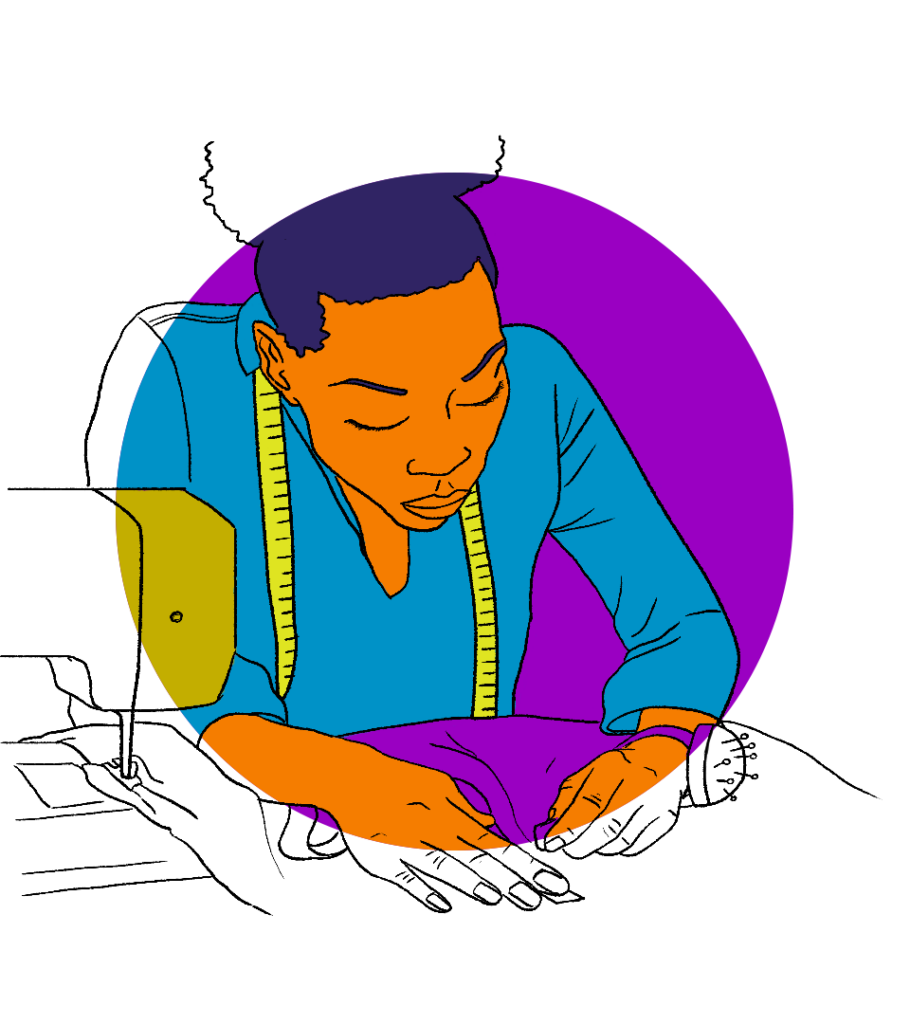When crisis strikes, the creative economy is often a canary in the coal mine. Covid-19 has been no different: in the worst days of the pandemic, nearly half of all dancers and actors were unemployed, in the United States alone. Independent music venues across the globe shut their doors. As any artist can tell you, the Covid crisis is not over and how they recover is a signal for the entire economy.
In the face of intersecting challenges, the need for impact investing has become more urgent than ever before. This growing movement connects patient, desperately needed capital with innovative, market-based solutions that simultaneously produce both financial and cultural returns. By unlocking new resources, and connecting across sectors, we can address this crisis head on, while empowering artists and creatives and supporting the larger economy.
After all, no crisis can be solved in isolation – all the government and philanthropic assets in the world are a pittance compared to the massive scale of our environmental, social, health, and, yes, cultural liabilities. To meet this moment, we will need financial communities and fine art communities, pension fund managers and performing artists, all working in collaboration.
Fortunately, thanks to organisations like Upstart Co-Lab and their partners Nesta’s Arts & Culture Finance and Fundación Compromiso, impact investors are already spurring just that. Creatives can now leverage private-sector tools, while private-sector actors can harness new creative energy to achieve our shared goals.
At the Ford Foundation, we’ve been implementing impact investing principles to fund businesses and nonprofits alike, grow our grantmaking capacity and deploy our assets in more creative ways. Through our Mission Investments programme and our historic social bond sales, we have expanded our ability to support critical work across the globe, including and especially in the creative sector. Indeed, the arts are essential because they are the oxygen of our democracy, a vital source of hope—and as my colleague Christine Looney reminds us in her essay, working closely with creatives gives our communities immense ‘hope for change’.
For all these reasons, I am proud and grateful to introduce this brilliant collection. From fine arts to finance, performance spaces to private equity firms, every creative community and investing institution can benefit from this work. Taken together, these essays offer a blueprint for recovery – one we must follow for the sake of our creative economy, and the world.








